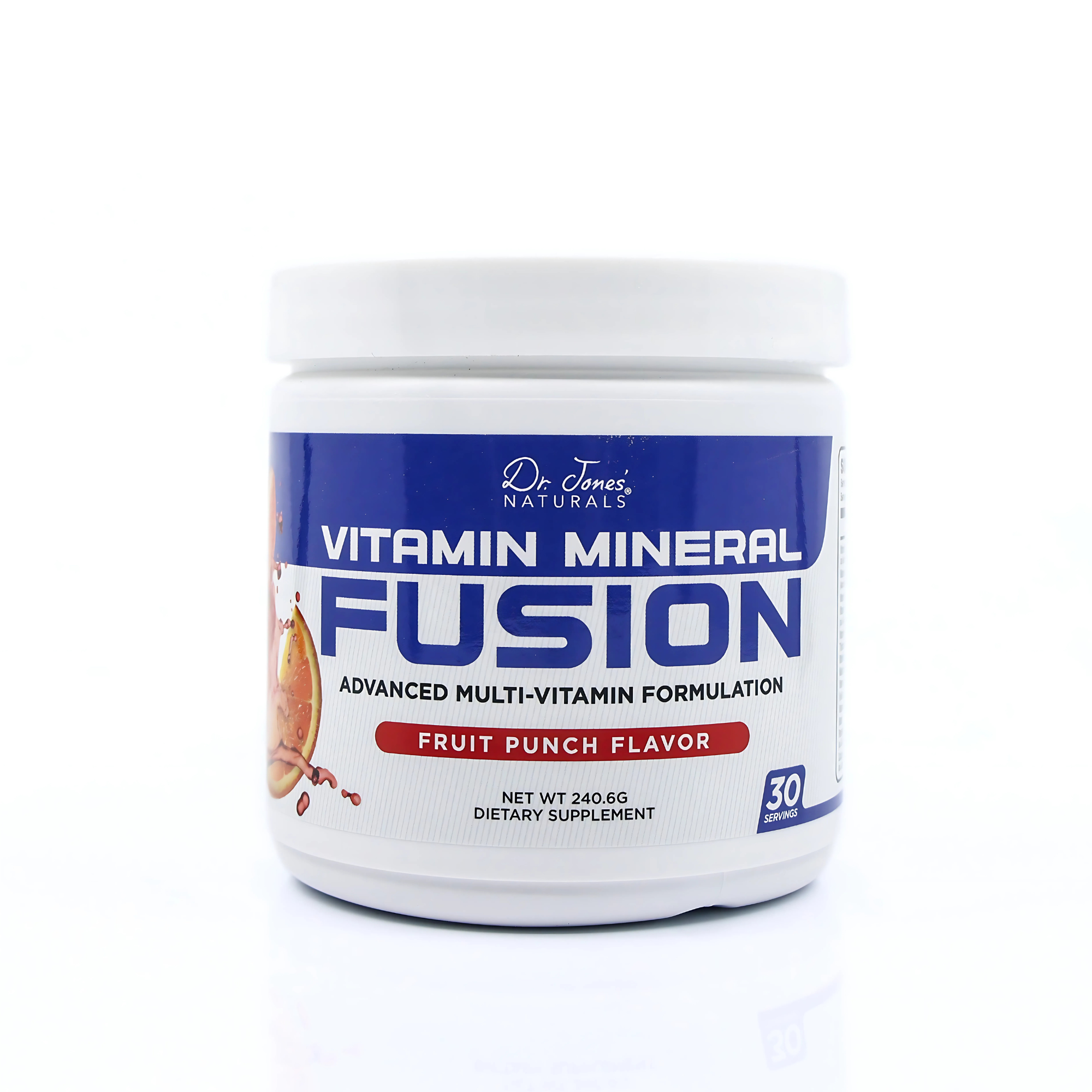The diet world can seem like a land of confusion, filled with countless options, conflicting advice and a constant barrage of new trends. It's easy to feel overwhelmed trying to decipher which diet is safest choice or the best option for you, especially when everyone seems to have a different opinion. But don't worry, this comprehensive guide may help navigate this complex landscape, demystify the various diet types, and empower you to make informed choices that align with your individual needs and goals.
Popular Diet Types in 2024: A Detailed Exploration
First, we must attempt to understand the diverse landscape of dietary approaches, beginning with some of the most well-known and widely discussed options that are out there today:
- Mediterranean Diet: This lifestyle-based dietary pattern, inspired by the traditional cuisine of countries bordering the Mediterranean Sea, has gained immense popularity for its emphasis on fresh, whole foods. It encourages generous portions of fruits, vegetables, whole grains, legumes, olive oil, and fish, while limiting red meat and processed foods. The Mediterranean Diet is renowned for its potential to improve heart health, reduce the risk of chronic diseases like type 2 diabetes and some cancers, and promote overall well-being. It's a delicious and satisfying way to eat that encourages mindful and balanced meals.
- DASH Diet: Short for Dietary Approaches to Stop Hypertension, this diet was initially designed to lower blood pressure, a major risk factor for heart disease and stroke. The DASH diet emphasizes a balanced intake of fruits, vegetables, whole grains, lean protein sources (such as poultry, fish, and beans), and low-fat dairy products, while limiting saturated fat, cholesterol, and sodium. By reducing sodium intake and promoting the consumption of nutrient-rich foods, the DASH diet effectively helps control blood pressure and improve cardiovascular health.
- Vegetarian and Vegan Diets: These plant-based diets eliminate meat and poultry, with vegans extending the restriction to include all animal products, such as eggs and dairy. Vegetarianism and veganism have gained popularity for various reasons, including ethical concerns about animal welfare, environmental sustainability, and health benefits. These diets tend to be lower in saturated fat and higher in fiber, antioxidants, and plant-based proteins, potentially reducing the risk of heart disease, type 2 diabetes, and certain types of cancer. However, it's crucial to ensure a balanced intake of nutrients like vitamin B12, iron, and calcium, which are often found in animal products. Careful planning and supplementation might be necessary to meet all nutritional needs.
- Ketogenic Diet: This high-fat, low-carbohydrate diet has become a popular choice for weight loss and its potential to improve metabolic health. By drastically reducing carbohydrate intake, the body enters a state called ketosis, where it begins to burn fat for energy instead of glucose. While the ketogenic diet can be effective for short-term weight loss and may benefit individuals with conditions like epilepsy, it's important to note that it's a restrictive diet that can be challenging to maintain long-term. It's crucial to consult a healthcare professional before embarking on the ketogenic diet to ensure it's safe and suitable for your individual needs, especially if you have any pre-existing health conditions.
- Intermittent Fasting: This approach to eating involves alternating periods of eating and fasting, rather than restricting specific types of food. Intermittent fasting comes in various forms, including daily time-restricted feeding, alternate-day fasting, and periodic fasting. The benefits of intermittent fasting include potential weight loss, improved insulin sensitivity, and reduced inflammation. However, it's essential to approach intermittent fasting cautiously and under the guidance of a healthcare professional, especially if you have any underlying health conditions. It's important to listen to your body's signals and adjust the fasting schedule as needed.
- Paleo Diet: This diet mimics the eating patterns of our prehistoric ancestors, focusing on whole, unprocessed foods and avoiding grains, legumes, dairy, and refined sugar. The paleo diet emphasizes lean meats, fish, fruits, vegetables, and nuts, promoting a focus on natural, nutrient-rich foods. Some proponents claim that the paleo diet can improve metabolic health, reduce inflammation, and enhance energy levels. However, it's important to note that the paleo diet can be restrictive and may not be suitable for everyone, particularly those with specific nutritional needs.
Choosing the Right Diet: A Personalized Approach
The quest for the perfect diet is a highly individual journey. There is no one-size-fits-all solution, and what works for one person may not be suitable for another. To find a diet that truly aligns with your needs and preferences, it's essential to consider various factors:
- Your health history: Certain diets may not be appropriate for individuals with pre-existing medical conditions. For instance, the ketogenic diet might not be suitable for people with kidney disease, while those with diabetes might need to be cautious with low-carbohydrate diets. Consulting with your doctor or a registered dietitian is essential to ensure diet safety and to discuss potential risks or benefits based on your unique health status.
- Your lifestyle: Choose a diet that fits seamlessly into your daily routine and eating habits. If you lead a busy lifestyle, a diet that requires extensive meal preparation might not be sustainable. On the other hand, if you enjoy cooking, a diet that encourages culinary creativity could be more appealing. Consider your existing lifestyle and preferences when making dietary choices. If you travel frequently, for example, a diet that is more flexible and adaptable might be a better fit than one that requires specific food choices or elaborate meal preparation.
- Your goals: Define what you hope to achieve through dietary changes. Are you aiming for weight loss, improved energy levels, better blood sugar control, managing a specific health condition, or simply improving your overall well-being? Establishing clear goals will help you select a diet that effectively addresses your specific needs. For example, if your primary goal is to lower cholesterol, the DASH diet might be a more suitable option than the ketogenic diet, which focuses primarily on weight loss.
- Your personal preferences: Ultimately, the most successful diet is one that you enjoy and can sustain over the long term. Don't force yourself to follow a diet that feels restrictive or unpleasant. Explore different dietary approaches and find one that resonates with your tastes, habits, and values. It's also essential to consider cultural factors and food traditions that may influence your dietary choices.
Diet Safety and Supplements That Can Help
Maintaining a healthy and balanced diet is the foundation of overall well-being. While many diets focus on specific food groups, it's essential to ensure you're getting a comprehensive range of nutrients. Supplements can play a crucial role in filling potential dietary gaps, providing additional support for your health goals, and enhancing the effectiveness of your chosen diet.
Consider incorporating Greens Fiber Capsules into your daily routine. These capsules provide a convenient way to boost your intake of essential greens and fiber, which are often lacking in modern diets. Greens and fiber are crucial for digestive health, nutrient absorption, and overall well-being.

Our Greens Fiber Capsules are packed with organic greens and sprouts, offering a powerful blend of nutrients and fiber. These capsules are designed to support healthy digestion and overall well-being.
It's important to note that supplements should not be considered a replacement for a balanced diet. They are intended to provide additional support and fill potential nutritional gaps. Always consult with your doctor or a registered dietitian to determine if supplements are appropriate for you and to discuss any potential interactions with medications or other supplements you may be taking.
Final Thoughts: Embarking on a Healthier You
Remember that the journey to finding the right diet is a personal one. It's about understanding your body, listening to your needs, and embracing a sustainable approach that supports your overall well-being. Don't hesitate to seek professional guidance from a registered dietitian or healthcare provider to develop a diet plan tailored to your unique circumstances. With the right approach, a little support, and a commitment to making healthy choices, you can embark on a journey towards a healthier and more fulfilling lifestyle. Embrace the power of food to nourish your body and mind, and enjoy the delicious path to a better you!





